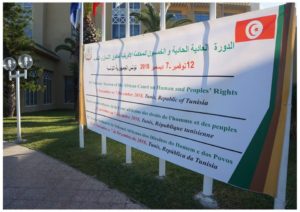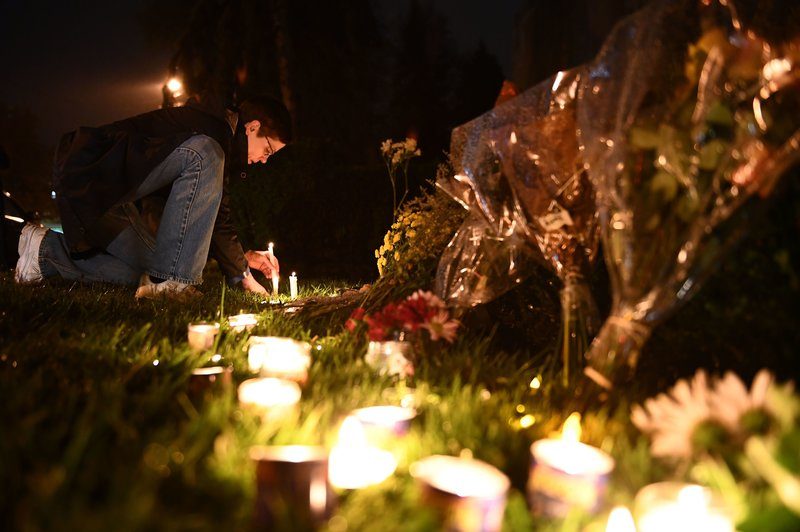By: Skylar Salim
Impunity Watch Reporter, Africa
LUANDA, Angola –On January 23, 2019, the Angolan parliament voted to remove a “vices against nature” provision from their penal code. This provision acted to criminalize all same-sex conduct. Additionally, the parliament adopted a new penal code, the first time they changed the code since gaining independence from Portugal in 1975. The new penal code also prohibits discrimination based on one’s sexual orientation, providing that anyone who discriminates on this basis can face up to two years in prison. These changes to the penal code come from the administration of the newly elected President Joao Lourenco.

There have not been any known prosecutions under the removed provision. The Human Rights Watch states that despite this, the law gave “tacit state support to discrimination against gender and sexual minorities, contributing to a climate of impunity.” A UN Independent Expert, Victor Madrigal-Borloz, also notes that that law was “one of the root causes behind grave and pervasive human rights violations against gay, lesbian, trans and bisexual people.” Madrigal-Borloz urged countries who still criminalize same-sex conduct to restructure their own legal frameworks as Angola has in order to support human rights imperatives.
Angola’s LGBT rights lobby group, Iris Angola, claims that members must deal with discrimination when attempting to access health care, employment and education. While the group was established in 2013, the Angolan government gave Iris Angola legal status in 2017. Other countries such as Mozambique have legalized same-sex conducted but declined to give legal status to groups like Iris Angola.
Recently more countries have begun the process of decriminalizing same sex conduct. In 2018, India struck down anti-homosexuality laws. Closer to Angola, Cape Verde and Sao Tome and Principe have, also through legislative reform, abolished laws that criminalize same-sex relationships. While some countries are beginning to move in the same direction as Angola, LGBT communities still face discrimination and prosecution in many places. In Nigeria someone can face up to 14 years in prison for being in a same sex relationship. Dolapo Badmos, a high ranking policewoman in Nigeria, recently told LGBT people living in the country to leave or face persecution. Human rights groups have noted that 69 countries still criminalize same-sex conduct, and push for this to change as it has in Angola.
For further information, please see:
HRW – Angola Decriminalizes Same-Sex Conduct – 23 January 2019
AP – Angola Decriminalizes Same-Sex Conduct, Rights Group says – 24 January 2019
CNN – Angola has Decriminalized Same-Sex Relationships, Rights Group says – 24 January 2019


